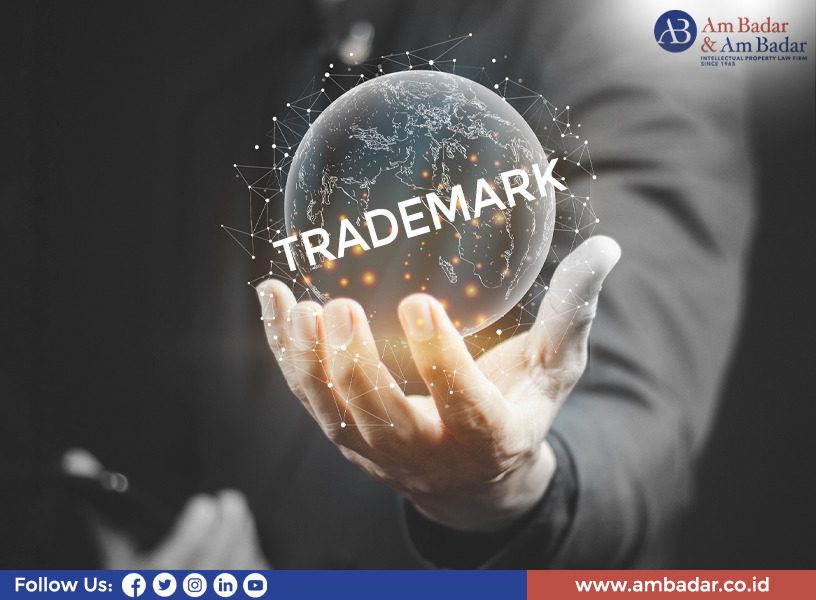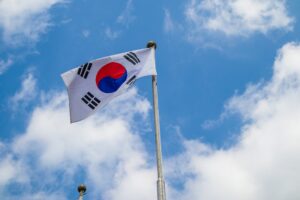In the era of the industrial revolution 4.0, companies can reach potential consumers around the world through social media, e-mail marketing and internet marketing in addition to carrying out traditional marketing. However, this technological development is widely used by irresponsible people to sell counterfeit goods and even trade using world-famous brands. Increasingly sophisticated technological developments provide opportunities for sellers of counterfeit goods and traders who use well-known brands to operate from anywhere in the world. Therefore global brand protection must be the centre of law.
How important is brand protection globally?
A key goal of global brand protection is ensuring that essential company trademarks are protected effectively in relevant international jurisdictions. However, trademarks must be protected for more than business and product names. Companies must protect their brand logos, the “look and feel” of their packaging, and maybe even the designs of their products. Most countries have intellectual property laws, but in order to take advantage of them, businesses must take the initiative to protect and enforce their brands.
What are the elements that protect brands globally?
While the best strategy for each company will differ depending on their specific needs, global brand protection requires two essential steps: first, protection of intellectual property, and then enforcement.
Companies must protect their intellectual property either directly or indirectly, and both must be part of their intellectual property protection strategy.
- Direct intellectual property protection includes defining and protecting a company’s intellectual property rights through contracts with vendors, distributors, licensees, and customers.
- Indirect intellectual property protection requires using foreign laws to register trademarks and industrial designs to protect corporate marks from infringement by other parties.
The next step in global brand protection is to enforce that protection. Monitoring the Internet and social media outlets for product infringement and inappropriate use of company branding is part of law enforcement.
When potential violations are discovered, businesses must take swift and decisive action against violators. Enforcement actions include sending “cease and desist” letters, requesting takedown requests from ISPs, social media sites, or online stores, and filing lawsuits.
Global Brand Protection Consultants
Companies should consult experienced global brand consultants with experience protecting and enforcing trademark rights overseas because global brand protection is critical to a company’s overall business and marketing strategy.
Am Badar & Am Badar’s team of global brand protection consultants regularly assist clients with protecting and enforcing trademarks and other intellectual property worldwide.
When you are sure that Indonesia is the right market for your product or service, then Am Badar & Am Badar IP Law Firm, as an Intellectual Property Consultant with more than 57 years of experience in Indonesia, is the right partner.
Our services do not only cover the registration process until it is accepted but also the monitoring process in the future, where the mark that you have registered may be copied or misused by other parties who are not responsible.
Am Badar and Am Badar IP Law Firm are the right places for Partners who need services or consultations related to IPR. Contact us via ambadar@ambadar.co.id. We will provide the best solution according to your situation.
Sources:






